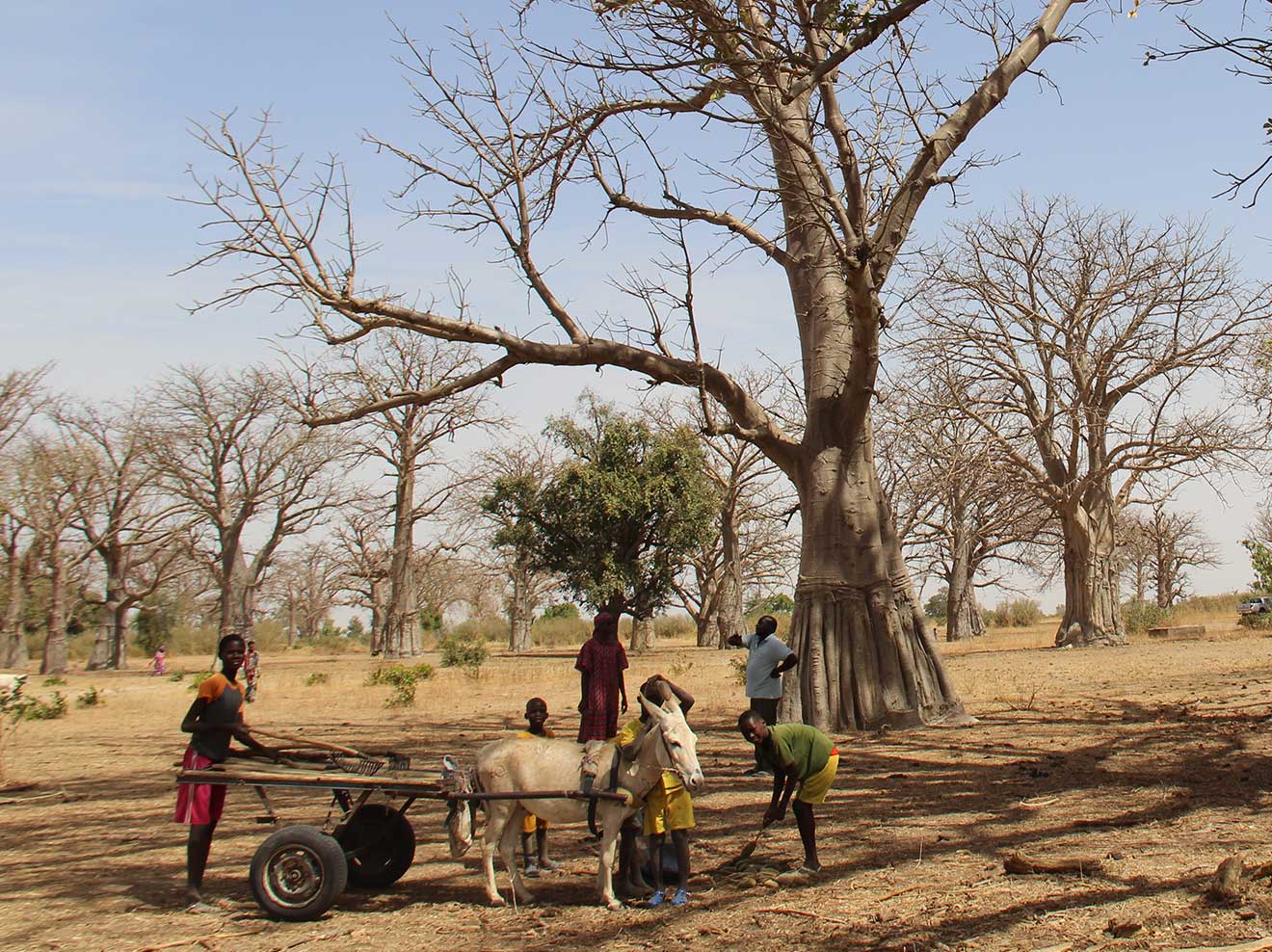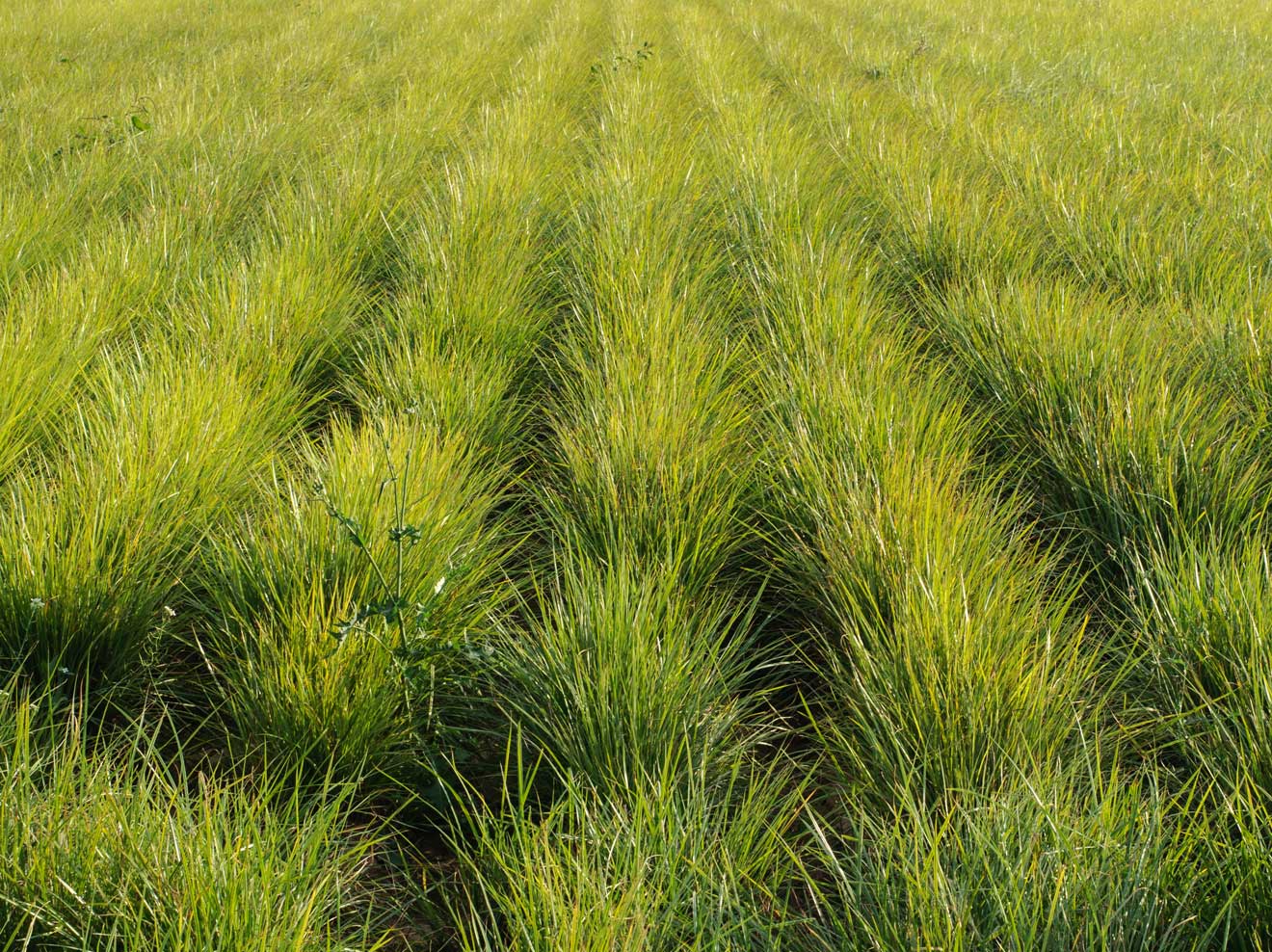
Symfonio brings organic authentic African crops to life

FONIO
Fonio is a valuable grain.
Healthy and easy to prepare.
Loved for its nutty flavour.

BAOBAB
Prehistoric Wild Giant Tree.
Provides organic fruits.
Seeds for oil and nutritious pulp.

TIGERNUTS
Tiger nuts or chufa.
Edible organic root vegetables.
Already a staple food in 16,000 B.C.


SYMFONIO bv stands for authentic African organic food
The emphasis lies on creating livelihood for African smallholders farmers and rural women. Our food products are authentic, healthy and sustainable (African Heroes). We add value to the local food chain, serve the domestic market and empower women communities.
Solange Domaye, CEO, is a versatile entrepreneur with a passion for developing sustainable and meaningful trade between the African and European continent
Poppe Braam founded more than 30 years ago an internationally operating company in organic raw materials and products. As the owner of DID-IT, he provides support and advice in the field of organics and sustainability.
Martha Jeuken worked in the organic industry as an independent consultant for 40 years, mainly in the field of public relations and communication. In that capacity, she is involved in Symfonio.



The aim of SYMFONIO is to support organic agriculture of authentic African crops produced by women communities and to promote the African vibrant flavors and ingredients.
The export of an abundance of these specialties will provide the (women) cooperatives with livelihood for their families and the community.
SYMFONIO started with the focus on food products from women communities out of the Sahel region. Africa is a continent that seems to be forgotten when it comes to its food and its potentiality. There are many products coming out of Asia, South America and other parts of the world where the origin lies in Africa, a continent that offers many special crops with a long history.
Our support will consist of encouraging African small holder farmers to produce organic crops, training them, create local processing industries, provide financial support and finally creating an export market for their excess productions.



